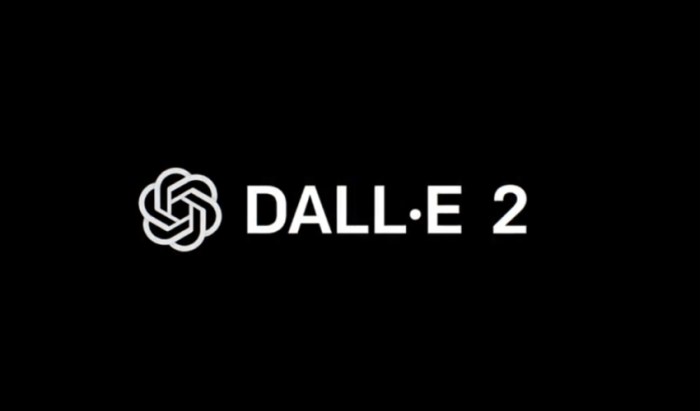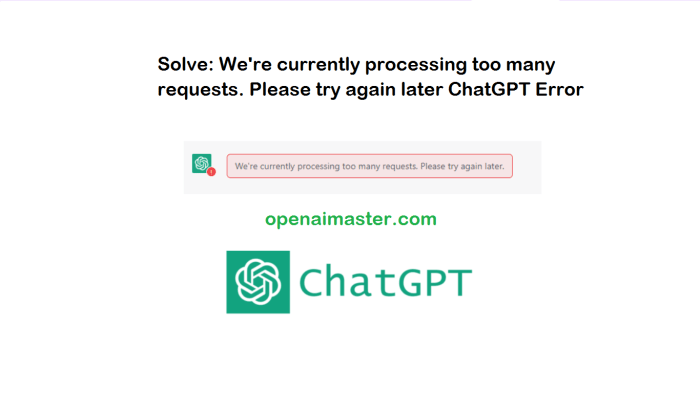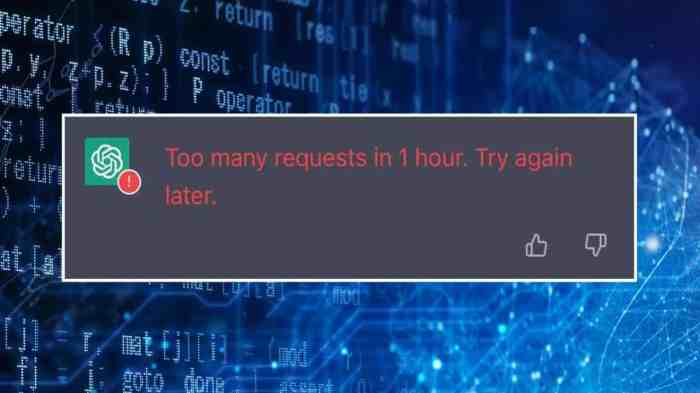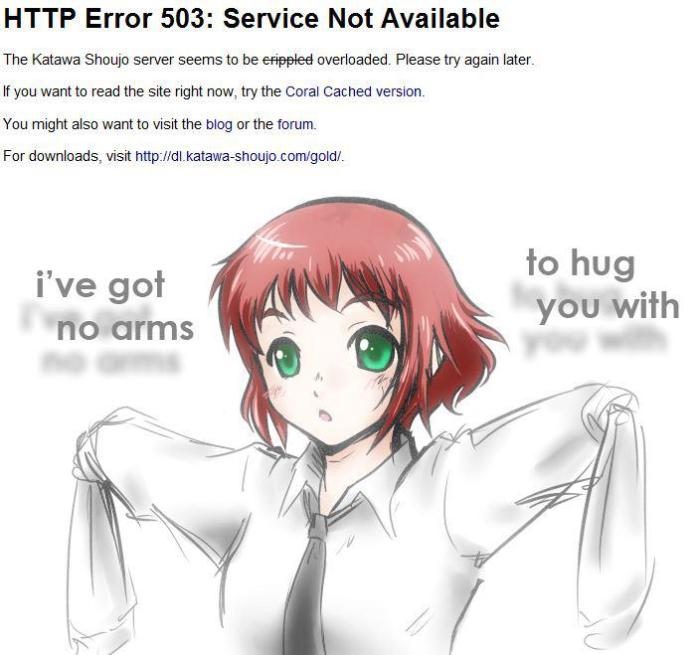The unlicensed practice of real estate is a growing concern, posing significant risks to consumers, the industry, and the market. This comprehensive examination delves into the definition, regulatory framework, risks, prevention, and industry implications of unlicensed practice, providing valuable insights for stakeholders.
Unlicensed practice occurs when individuals or entities engage in real estate activities without obtaining the necessary license. This includes activities such as buying, selling, leasing, or managing real estate properties.
Definition and Overview

Unlicensed practice of real estate refers to any activity related to the sale, purchase, or lease of real property that is performed by an individual who does not hold a valid real estate license. This includes activities such as:
- Negotiating the sale or purchase of real property
- Providing advice on real estate transactions
- Managing real property for others
Engaging in unlicensed practice is illegal and can have serious legal and financial consequences.
Regulatory Framework

The practice of real estate is regulated by laws and regulations at both the state and federal level. These regulations establish the requirements for obtaining a real estate license, including education, experience, and examination.
Regulatory bodies, such as state real estate commissions, are responsible for enforcing licensing regulations. These bodies investigate complaints of unlicensed practice and can impose penalties on individuals who violate the law.
Risks and Liabilities

Unlicensed practice of real estate can pose significant risks and liabilities for individuals and businesses.
For individuals, unlicensed practice can result in:
- Fines
- Jail time
- Loss of reputation
For businesses, unlicensed practice can result in:
- Civil penalties
- Loss of license
- Damage to reputation
Unlicensed practice can also harm consumers by depriving them of the protections provided by licensed real estate professionals.
Prevention and Enforcement
There are a number of steps that can be taken to prevent unlicensed practice of real estate:
- Educating consumers about the importance of using licensed professionals
- Encouraging consumers to report unlicensed activity
- Increasing enforcement of licensing regulations
Regulatory bodies play a crucial role in enforcing licensing regulations. These bodies investigate complaints of unlicensed practice and can impose penalties on individuals who violate the law.
Consumer Protection

Consumers play an important role in protecting themselves from unlicensed practice. Consumers should:
- Only use licensed real estate professionals
- Verify the license of any real estate professional they work with
- Report any suspected unlicensed activity to the appropriate regulatory body
By taking these steps, consumers can help to protect themselves from the risks of unlicensed practice.
Industry Implications
Unlicensed practice of real estate can have a negative impact on the real estate industry.
- Unlicensed practitioners can create unfair competition for licensed professionals
- Unlicensed practitioners can damage the reputation of the real estate industry
- Unlicensed practitioners can put consumers at risk
The real estate industry has a responsibility to address the problem of unlicensed practice. This can be done through education, enforcement, and consumer protection initiatives.
FAQ Compilation: The Unlicensed Practice Of Real Estate Is
What are the legal consequences of unlicensed real estate practice?
Unlicensed practice can result in fines, imprisonment, and civil penalties, depending on the severity of the offense.
How can consumers protect themselves from unlicensed practitioners?
Consumers should always verify the license status of real estate professionals before engaging their services. They can do this by checking with the relevant regulatory body or online databases.